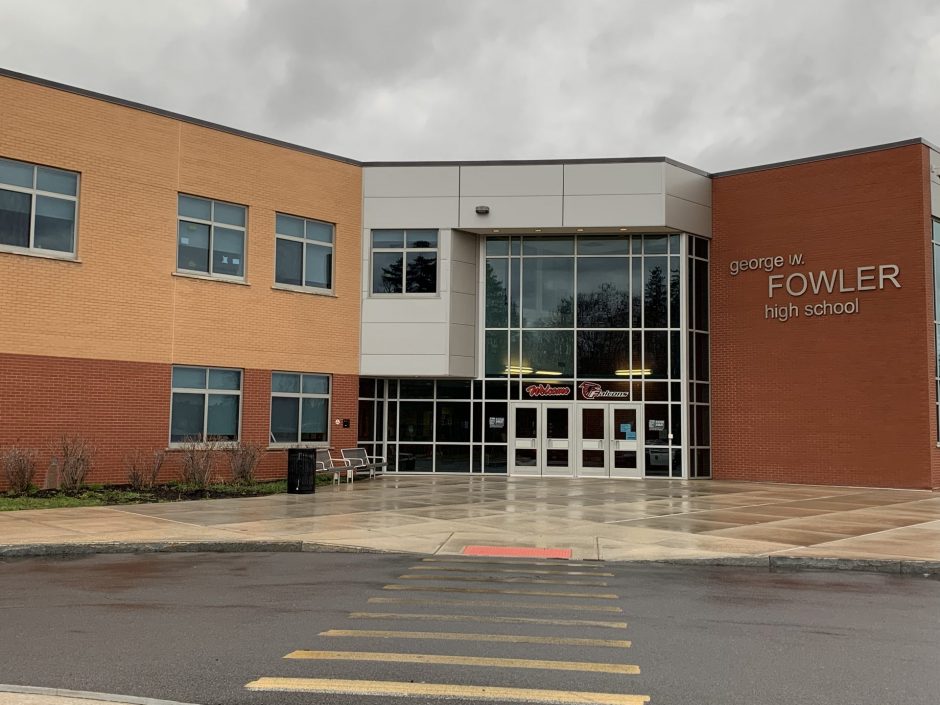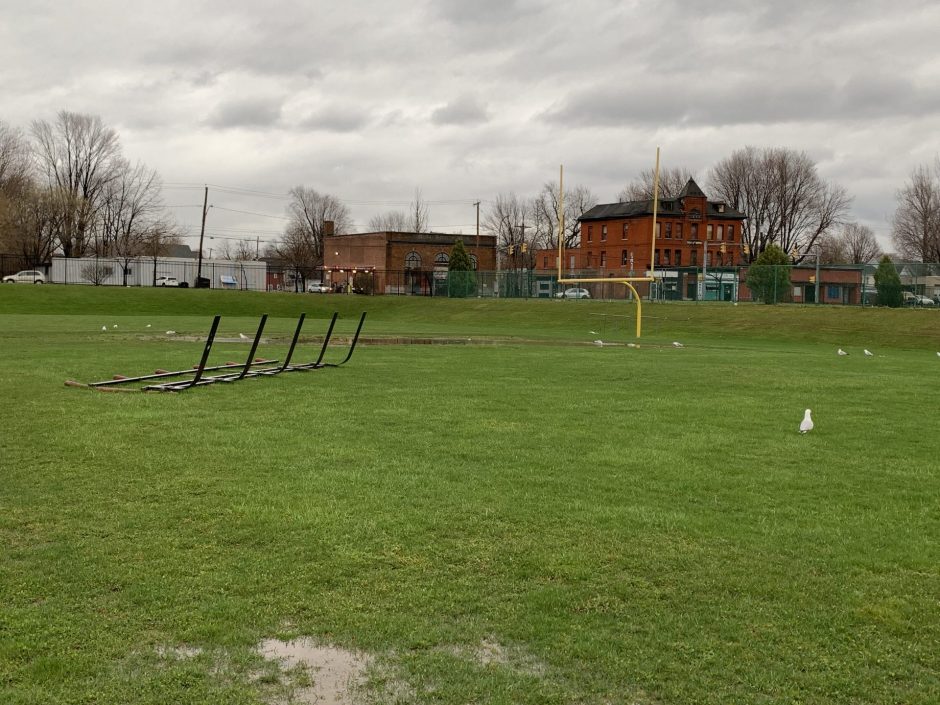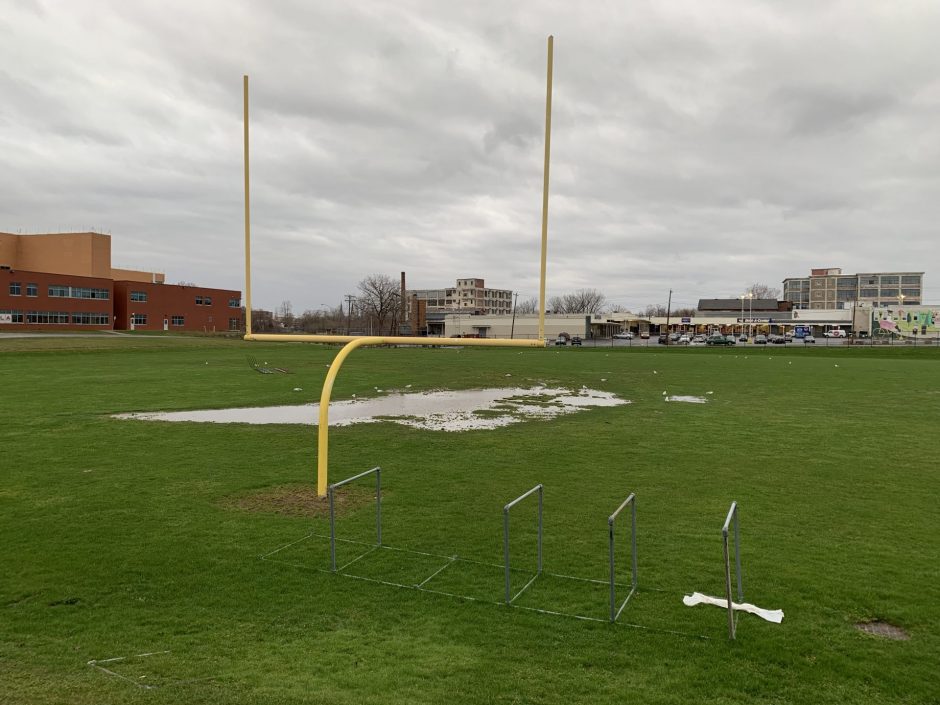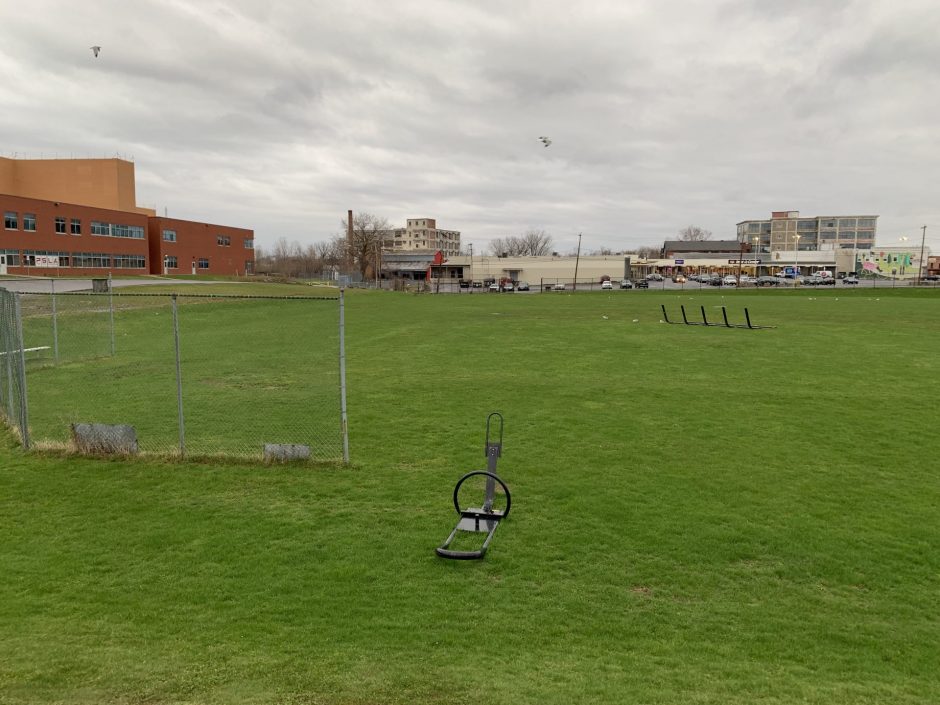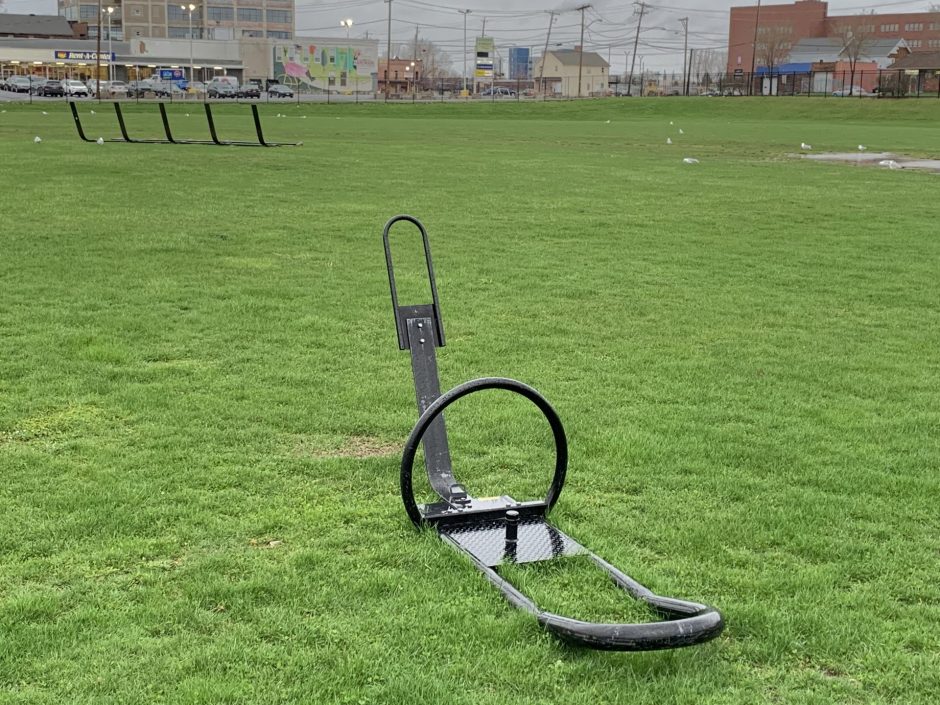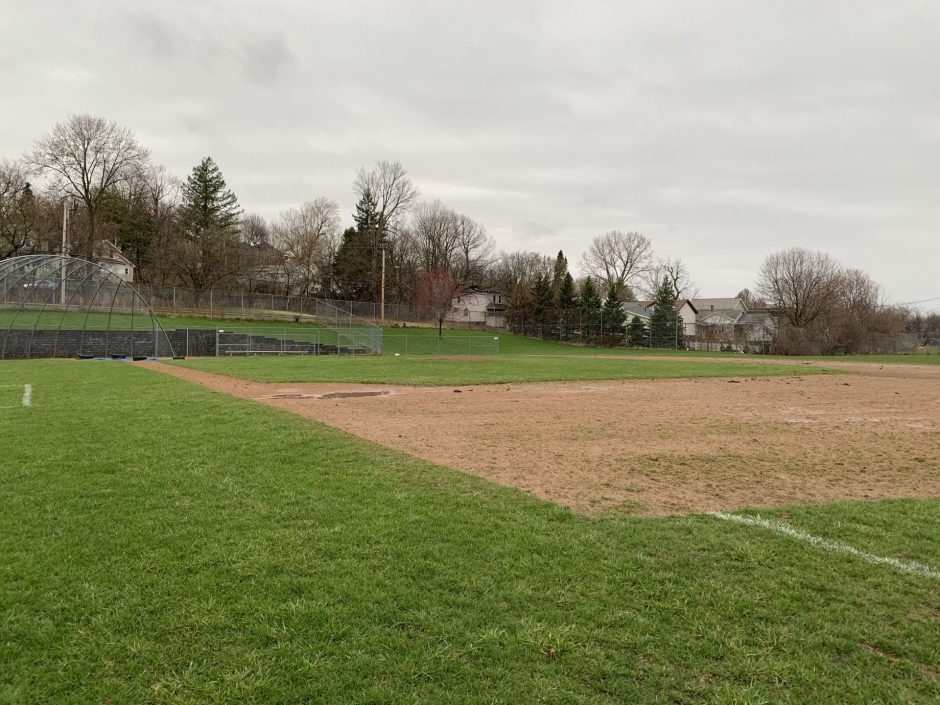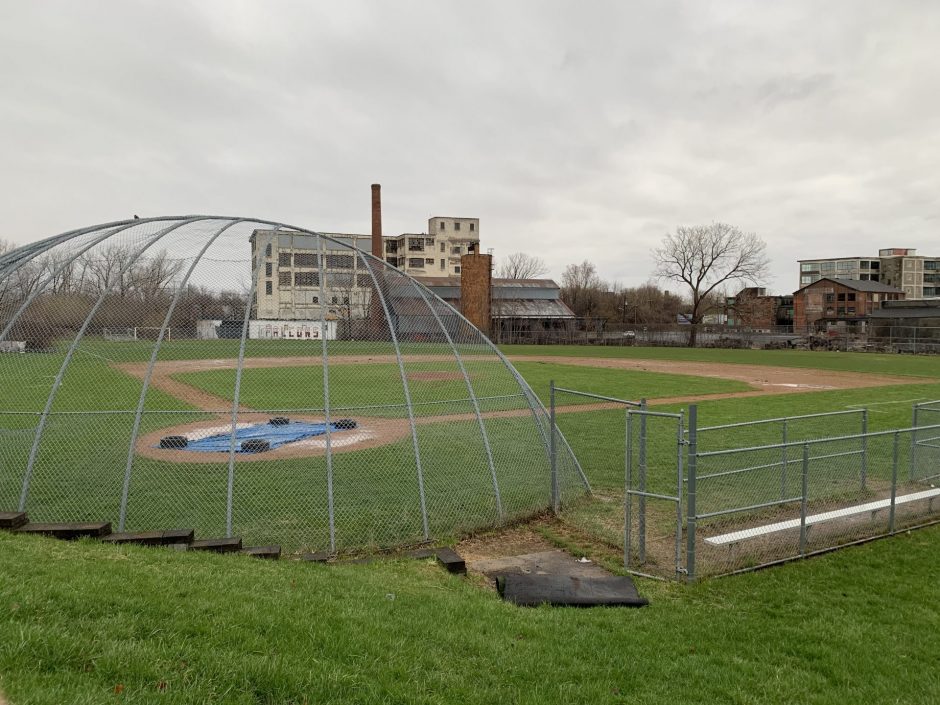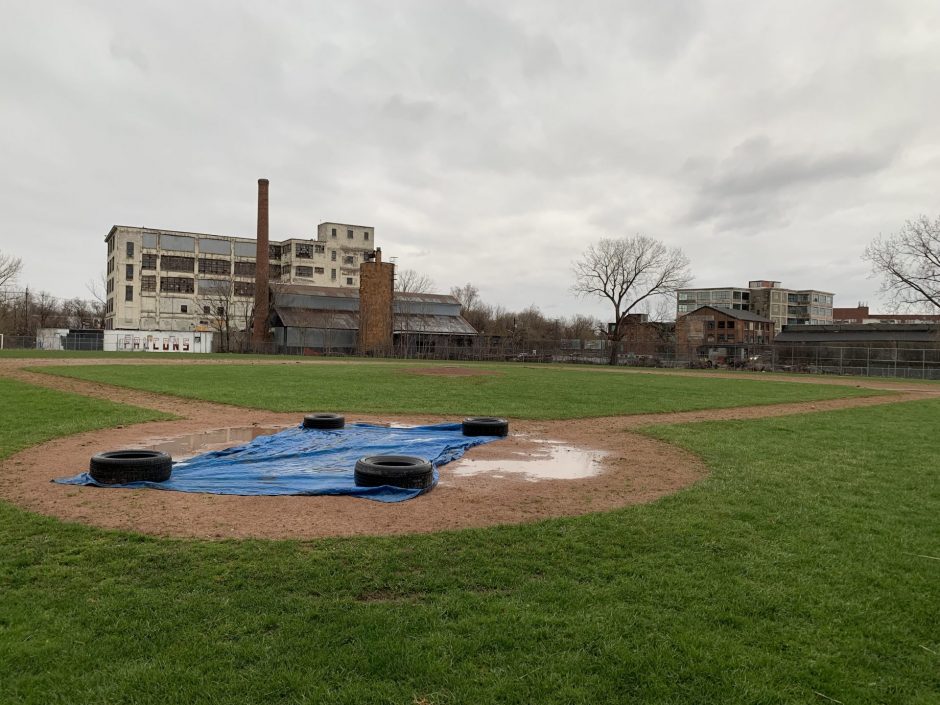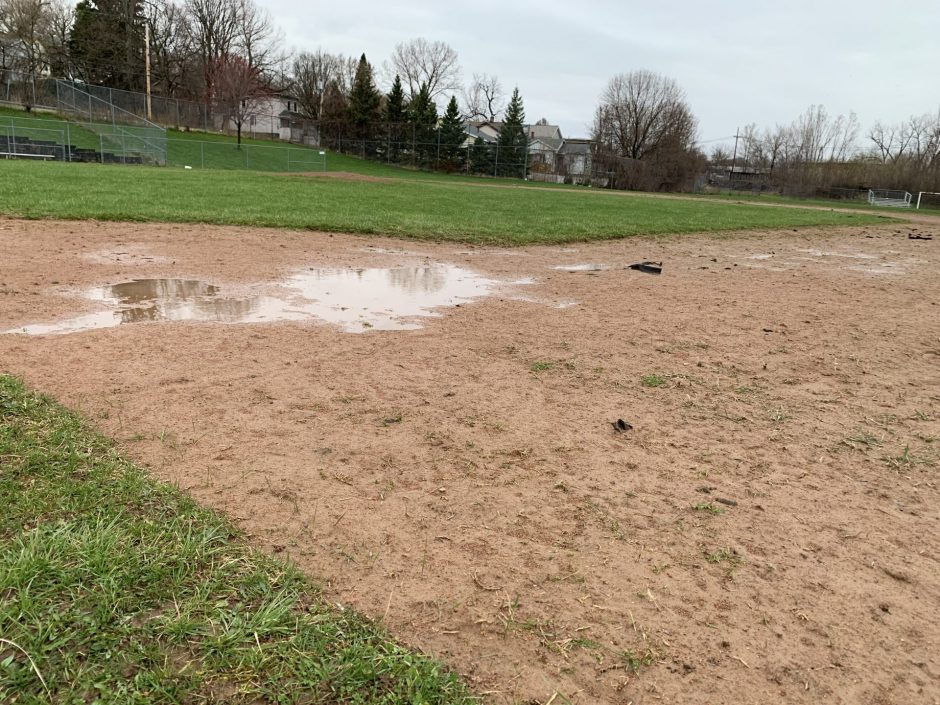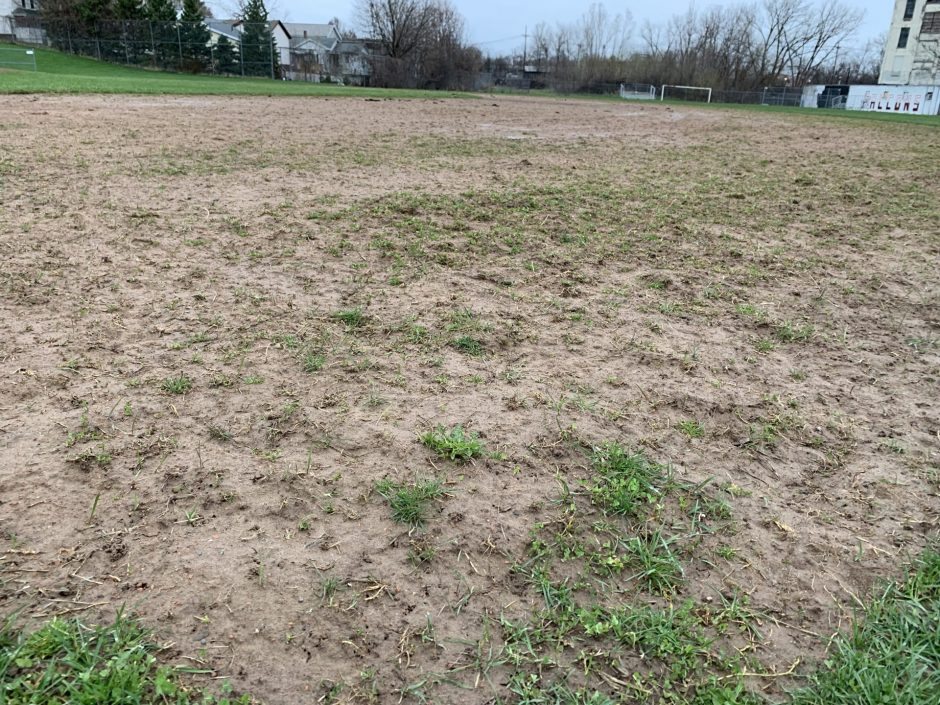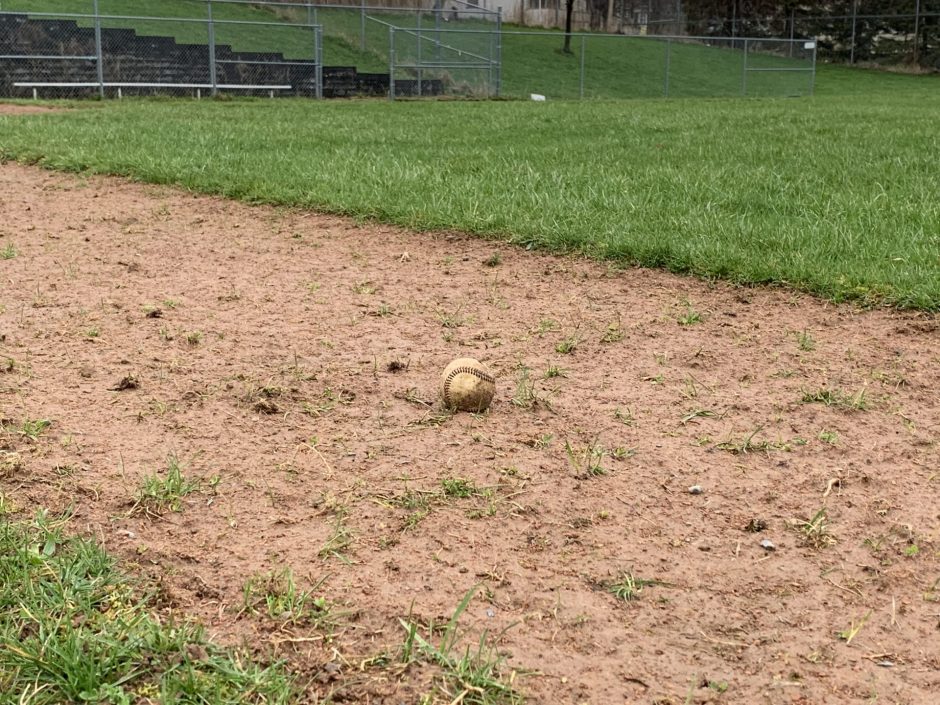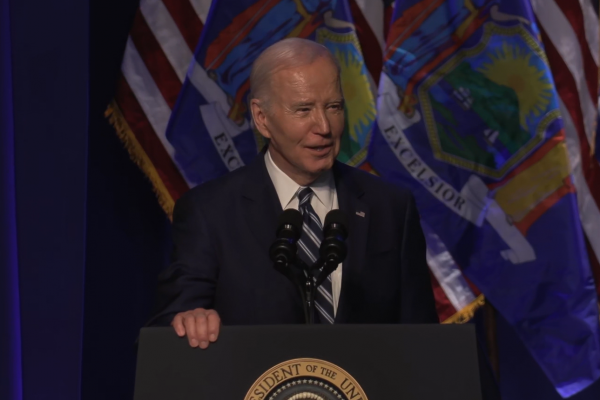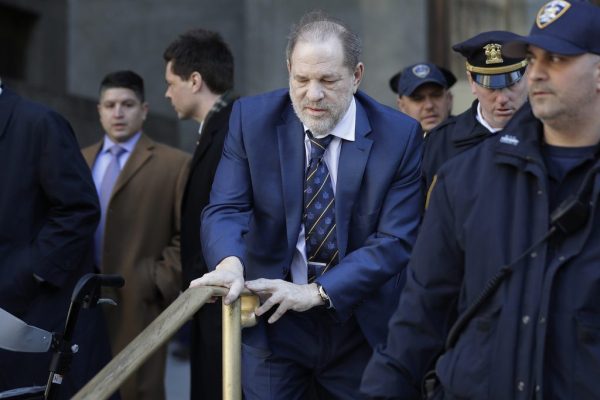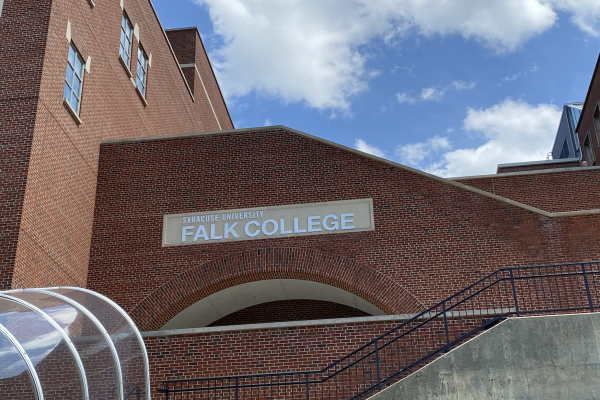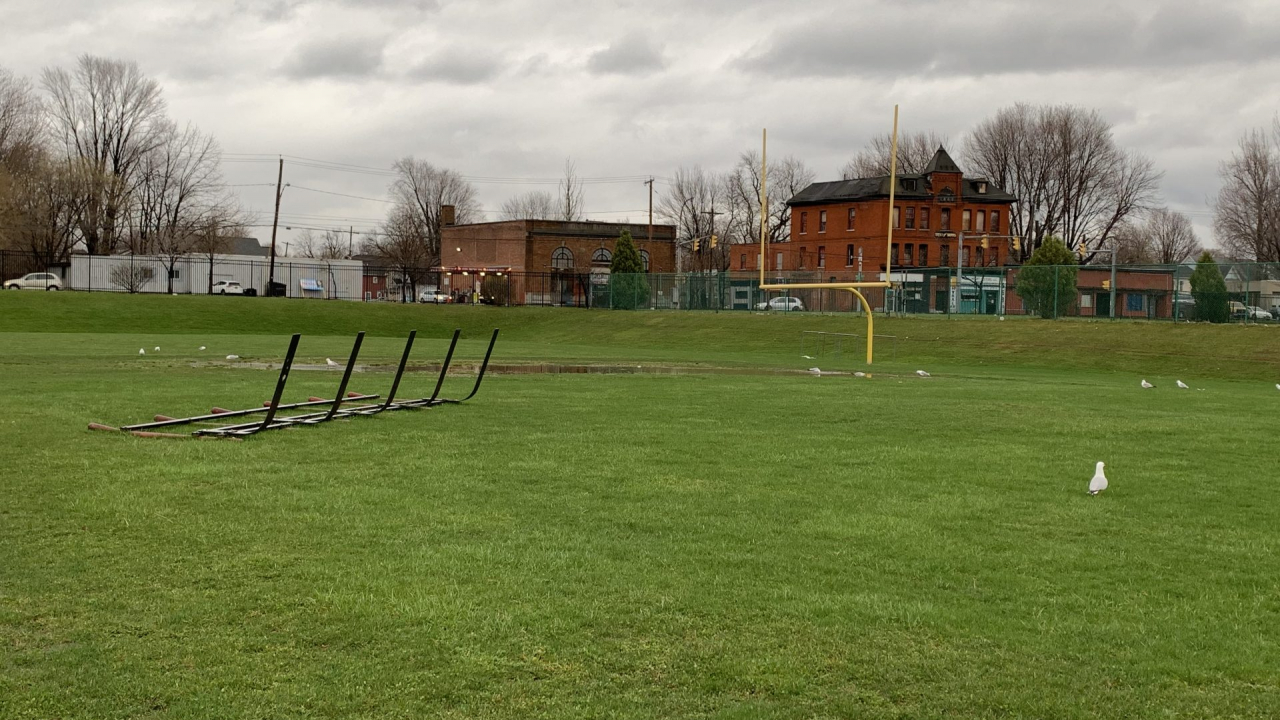
It has been a full decade since the Fowler Falcons had a true field to call home, and that is not going to change for at least a little longer.
The most recent proposal to replace the field at Fowler High School has once again failed to pass the Syracuse Common Council. The plan would have set aside $20 million to construct a new athletic complex, including baseball, football and soccer fields, a new stadium, and locker rooms.
However, for Rita Paniagua, a commissioner for the Syracuse City Board of Education, the plan needs to be approved, for the good of the children.
“I think it is a needed project,” said Paniagua. “It will give the students pride about their school and the sports. They haven’t had a field for years.”
But Paniagua’s plans to expand athletics in the district as a supplement to education extends beyond Fowler.
“The district is expanding the ability to offer the youth, the students, these sports opportunities,” said Paniagua.
The bottom line though remains that the only way to effectively offer these opportunities is through the necessary facilities, which naturally cannot be built without the corresponding funds. This problem was underscored by Paniagua.
“If we’re gonna do that we need to have the fields, and the different capacities to be able to do this appropriately,” said Paniagua.
Even beyond the argument that the students need to have access to athletics, Paniagua also points out that many of the arguments against the field at Fowler in particular are not completely accurate. First, the $20 million price tag won’t actually be footed by the city. The city of Syracuse will only pay $500,000, while the rest of the money will come from the state.
“Those funds come from different state purses,” says Paniagua.
Another major concern has been the safety of the children, as many critics have claimed the soil on which the field would be built is hazardous, and therefore construction cannot be allowed to proceed at the proposed location. However Paniagua dispelled these concerns as well.
“There were studies made and different experts came to check the field and they gave the project a go,” said Paniagua. “They said it would not be damaging to the children, or anyone for that matter.”
As for the possibility of building the field at another location off-campus, Paniagua says this is also not a viable alternative.
“Number one, it’s gonna cost a lot more money to do that,” said Paniagua “The field wouldn’t be in the school property, so that wouldn’t be our field, and it constitutes another set of permits and regulations. It would then have to go focus groups in the community, all the work that has been done, we would have to go back.”
That would essentially take a decade’s worth of work down the drain. It of course comes as no surprise that Paniagua hopes that the Common Council comes around and approves the plan.
The next opportunity for the Council to approve the bill will be at its next meeting on April 22.

